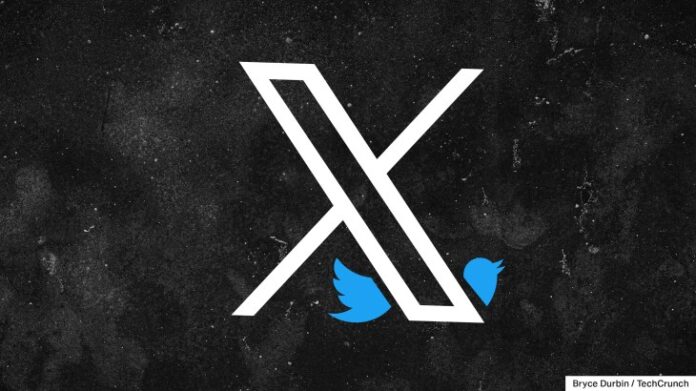In a high-stakes legal battle that has sent shockwaves through the tech and non-profit sectors, X Corp, the company that owns the popular social media platform, formerly known as Twitter, finds itself locked in a fierce lawsuit against the Center for Countering Digital Hate (CCDH). The CCDH, a well-regarded organization that actively campaigns against online hate, has faced the brunt of X Corp’s ire due to its scathing research and criticism of the platform.
At the center of this feud is none other than the enigmatic tech billionaire and X Corp’s owner, Elon Musk, who has previously proclaimed himself a “free-speech absolutist.” His legal crusade against CCDH has drawn the ire of politicians, including three members of Congress, who argue that such action stifles unbiased research in the public interest.
CCDH’s reports, which have been cited extensively in the media, including by the BBC, have not shied away from holding X Corp accountable for the proliferation of hate and disinformation on its platform. The organization’s chief executive, Imran Ahmed, contends that hate speech has spread uncontrollably under Musk’s ownership.
In response, X Corp’s legal team has hit back, alleging that CCDH engaged in “unlawful acts” to gain unauthorized access to the company’s data. The legal battle took a fiery turn when Ian Russell, a CCDH UK board member, accused Musk of launching an “unprecedented attack on civil society” and seeking to silence critics.
While the initial legal letter from X Corp’s lawyer focused on disputing the accuracy of CCDH’s research, the subsequent lawsuit filed in the US District Court for the Northern District of California introduces new allegations. Seeking unspecified damages, the complaint accuses CCDH of costing X Corp “tens of millions of dollars” in lost advertising revenue.

The legal action also aims to uncover the identities of CCDH’s backers, claiming that they may have ties to foreign governments and legacy media companies. This move has intensified speculation surrounding the motivations behind X Corp’s actions.
The heart of the conflict lies in CCDH’s claims that X Corp fails to address the majority of hateful messages from accounts subscribed to Twitter Blue. The complaint, however, strongly disputes the methodology used by CCDH in its research, alleging data scraping and unauthorized access to X Corp’s data.
Furthermore, the lawsuit argues that CCDH’s intentions were not solely focused on countering hate but instead aimed at censoring opposing viewpoints on contentious topics such as Covid-19 vaccines, reproductive healthcare, and climate change.
As the legal battle rages on, the implications for free speech, online hate, and corporate accountability are significant. Observers from all walks of life are closely monitoring the outcome, as it could set a precedent for how tech companies interact with anti-hate organizations and the research they conduct.
In the era of growing concern over misinformation and social media’s impact on society, the battle between X Corp and CCDH represents a pivotal moment, one that has far-reaching consequences for the future of digital discourse and the role of technology companies in combating hate and disinformation.





